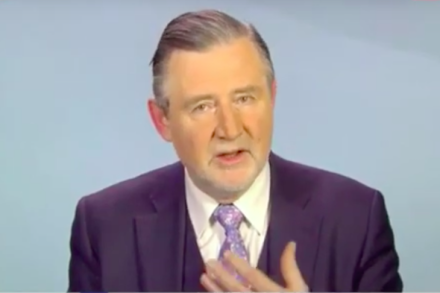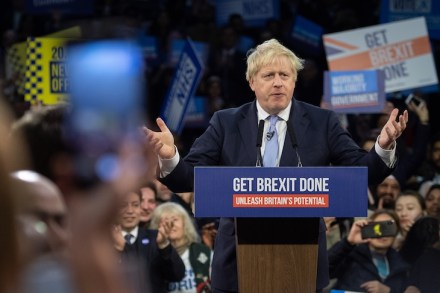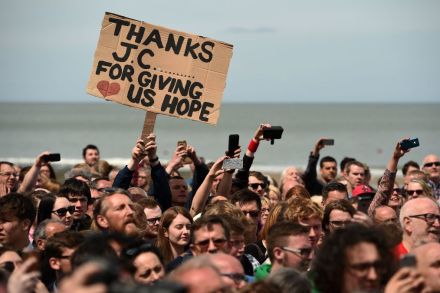What’s behind Barry Gardiner’s botched ‘leadership campaign’ launch?
Is Barry Gardiner running for Labour leader or not? The question is almost as confusing as whether Prince Harry and Meghan Markle have resigned from the Royal Family. In the former case, two journalists had the story that Gardiner was standing and would be backed by Len McCluskey, who has become unhappy with Rebecca Long Bailey’s current prowess. In the latter, the couple issued a statement saying they would step back as ‘senior royals’ and work to become financially independent. But then in both cases, the story took a very awkward twist. Buckingham Palace then issued a statement saying the discussions were at an ‘early stage’, with briefings suggesting the

















